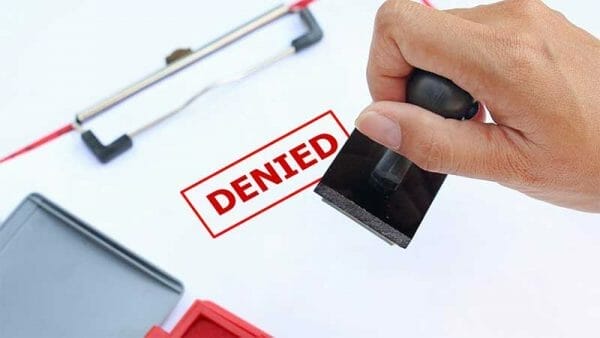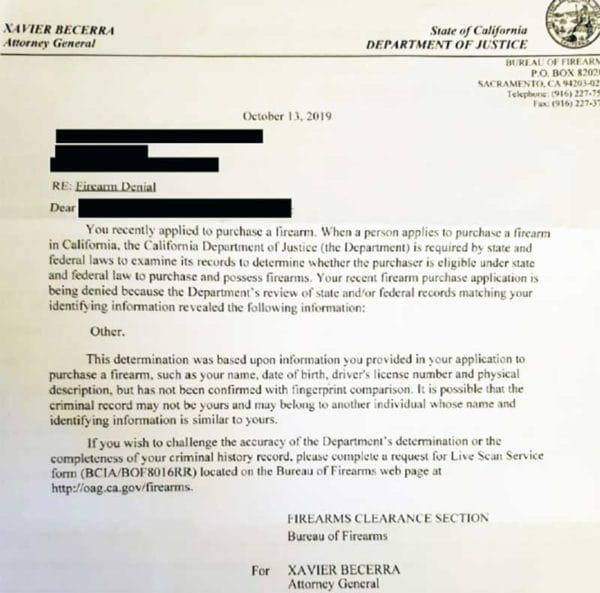Opinion By Matthew D. Cubeiro

California – -(AmmoLand.com)- Our law firm is often contacted by individuals seeking to preserve or restore their Second Amendment rights.
Some folks are prohibited from owning or possessing firearms because of a prior criminal conviction, or by a restraining order they may not even know about, or for other reasons, and we can often help. Far more often than you might expect, people are denied their rights simply because the California Department of Justice’s (“DOJ”) records are out of date, inaccurate, or incomplete. In these cases, resolving the issue often requires providing DOJ with updated information. Typically, DOJ refuses to do the work to update their records and insists that the individual obtain and provide the information to DOJ.
Why should the burden rest on the individual to prove to the government they are not prohibited from exercising their constitutionally protected rights?
Good question. And one which is being asked at this very moment in the context of California’s ammunition sales restrictions. California Rifle & Pistol Association: CRPA, with support from the NRA, filed a lawsuit titled Rhode v. Becerra challenging those restrictions as a violation of the Second Amendment and Commerce Clause of the United States Constitution. When the ammunition transaction background check requirements took effect this past July [2019], more than 20% of law-abiding citizens attempting to purchase ammunition in California were denied due to outdated or incomplete records maintained by DOJ. In response, the plaintiffs in Rhode have now filed a motion for an injunction, noting that DOJ “has the burden to prove that a person is not entitled to exercise a right—not the other way around.”
DOJ’s inaccurate and outdated databases are not the only problems some California residents have been forced to deal with. Many law-abiding gun owners have been contacted by armed DOJ agents who mistakenly believed they were prohibited. Other individuals who are in fact prohibited have also been contacted because DOJ mistakenly believed they are in possession of a firearm previously seized by another law enforcement agency, despite the person also informing DOJ—under penalty of perjury—that they no longer possessed the firearm. Such stories are among of dozens of examples that illustrate the bureaucratic mess that is the DOJ Bureau of Firearms.
Just when you thought things can’t get any worse, DOJ now appears to include “Other” as justification to deny a person their Second Amendment rights. See for yourself:

The letter goes on to state that if the person wishes “to challenge the accuracy” of DOJ’s determination, they should undergo Live Scan fingerprinting to obtain and review their criminal records.
But what good will that do, exactly? How can the person in this case challenge DOJ’s prohibited person determination when they don’t even know what that determination is based on?
Sadly, it’s another shameful display of bureaucratic sloth from California’s top law enforcement agency.
Matthew D. Cubeiro is a California attorney who serves as Special Counsel for Michel & Associates, P.C. His primary practice areas involves firearm-related regulatory compliance, and is co-author of California gun Laws: A Guide to State and Federal Firearm Regulations.
